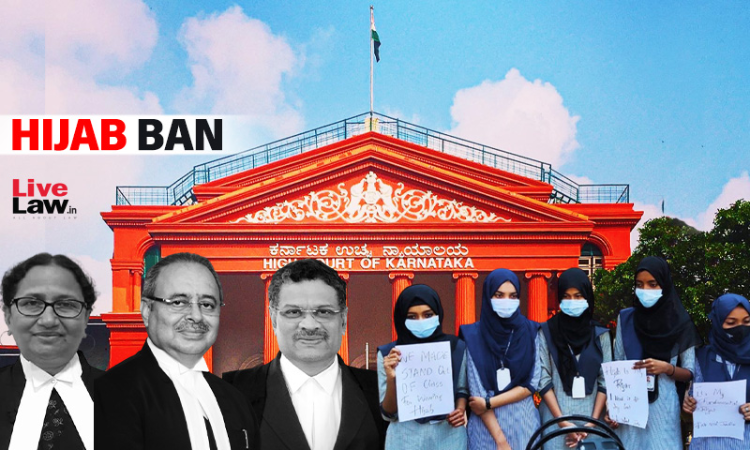A Full Bench of the Karnataka High Court will pronounce its judgment in the petitions filed by Muslim girl students, challenging the action of a government PU college in denying their entry for wearing a hijab (headscarf), tomorrow at 10.30 am.The order was reserved last month.Hearing before the Full Bench comprising Chief Justice Ritu Raj Awasthi, Justice Krishna S Dixit and Justice JM Khazi...

